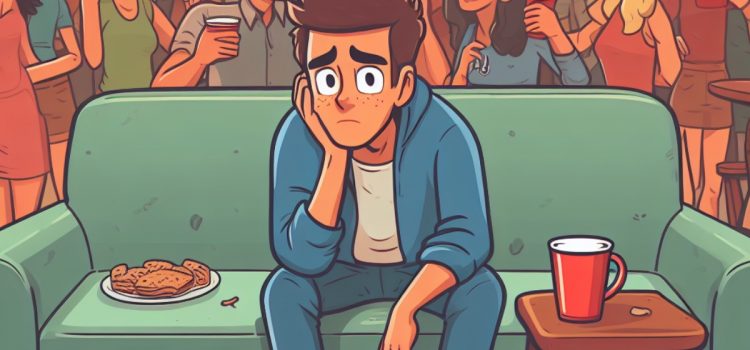Are you often inexplicably down or anxious? Are you eager for a solution that doesn’t involve therapy or medication? According to Dr. Julie Smith, one of the main reasons people go to therapy is to rid themselves of conditions such as low mood and anxiety. She argues that many people can resolve these matters on their own by understanding them and making certain adjustments. Continue reading to see whether self-care might be the right solution for you.
Low Mood and Anxiety Self-Care Tips From Dr. Julie Smith










